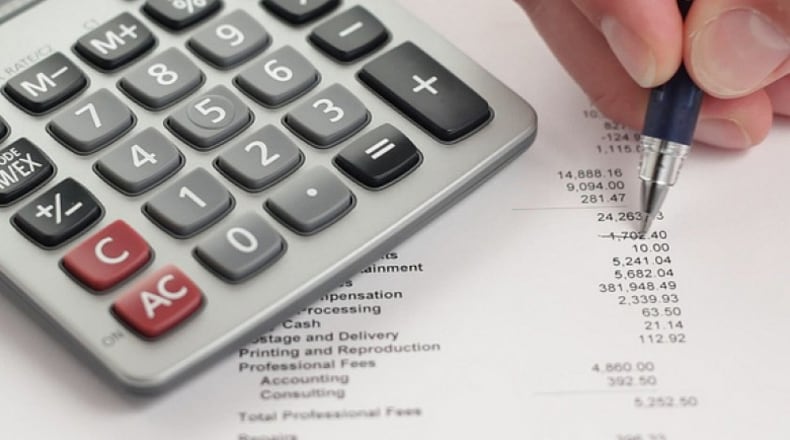Gwinnett County expects to collect about $34 million more in property tax revenue than previously estimated but is proposing to keep its tax rate the same, citing increased expenses for which the money could be used.
“Our needs have also gone up on the appropriations side since we adopted the budget in January,” Financial Services Director Buffy Alexzulian told county commissioners last week during a presentation.
In keeping with local and national trends, property values in Gwinnett have skyrocketed, generating more tax revenue for government coffers.
At the end of last year, residential properties in Gwinnett were selling for 21% higher than their January 2021 appraised values, said the county’s chief appraiser, Stewart Oliver. Commercial properties are selling at 40% higher on average, with some prices considerably above that, Oliver said. Under state and federal regulations, counties risk penalties if their property appraisals are too far off from actual sale prices, he said.
“We realized we had a significant revaluation to undertake,” he said.
To fall within compliance, the county had to revalue about 83% of properties, Oliver said. The average residential property value increased by $87,000.
In addition to a regular homestead exemption, Gwinnett County since 2001 has offered a value offset exemption, which freezes the assessed value of a home on Jan. 1 after an ownership change. To qualify, homeowners must live in the home — rental properties, second homes and vacant plots are not eligible.
The value offset exemption is in place for about 60% of residential properties in Gwinnett. Those homeowners will not pay more in county taxes if the rate remains the same, but the exemption does not apply to city or school district taxes.
The total amount that the county loses to value offset exemptions nearly doubled last year as property values soared, Oliver said.
The county’s general fund property tax rate is 6.95 mills, or $6.95 per $1,000 in assessed value. Special service district, recreation and economic development taxes bring the total rate to 14.71 mills.
Gwinnett County Public Schools is proposing to slightly lower its total millage rate to 20.65 in response to rising assessments.
While rising property values bring more money to local governments, the same economic pressures add to their expenses. Alexzulian said Gwinnett needs the additional cash primarily for government employee raises the county commission approved in April to compete in a tight labor market as workers grapple with inflation. The increased revenue would also buy property for a park and ride facility in Lawrenceville and pay for some long-needed capital maintenance, she said.
The county’s new general fund budget would total about $450 million. The tax revenue boost would decrease the amount of reserve funds needed to balance the budget from $20.7 million to $13.2 million.
State law requires governments to advertise and hold three hearings if they plan to collect more property tax revenue instead of rolling back the rate. The Gwinnett County Board of Commissioners plans to vote July 19 on its property tax rate. Bills would be mailed out in mid-August and come due in mid-October.
About the Author
Keep Reading
The Latest
Featured


